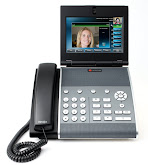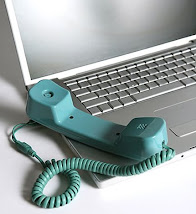Nokia is support more legal force on Apple, adding the iPad to its barrage of lawsuits against its chief smartphone bugbear. The Finnish giant, which is engaged in a series of suits and countersuits, focused on patent and antitrust claim, with Apple, filed suit in Wisconsin, asserting violation of 5 of its patents by the iPad 3G tablet.
"The patents in question relate to technology for improved speech and data transmission, using position data in applications and innovation in antenna configurations that improve performance and save space, allowing smaller and more compact devices," said Nokia's official statement. This suit was not filed in the Delaware court where the iPhone dispute are lodged, but in the US District Court for the Western District of Wisconsin, a favored location of fast tracked IPR trials. Nokia has also filed complaint of patent infringement before the US International Trade Commission, a body that can inflict injunctions next to offending products.

The Wi-Fi only iPad is not built-in the new lawsuit, which specify the iPad 3G as well as all 3 models of the iPhone. The plaintiff said: "Nokia is harmed by Apple's illegal use of Nokia patented technology in a way that cannot be compensated for by a payment of damages alone.
Nokia and Apple fight directly, with respect to at least certain Apple product offerings. Apple's illegal use of the patents-in-suit in its products at the time of their sale allow it to charge less for its products because it does not have to get well the costs of development of the technology used in the device. This allows it to get market share that it would otherwise not be able to obtain were its products to bear the costs for the patented technology."
All the patent at issue were granted between 2001 and 2003, separately from number 7,558,696, which was only issued last year and refers to a 'Method and Device for Position Determination'. This refers to a "centralized interface for applications running on a mobile device to get position data", allowing developers to include location capabilities without having to write important extra code.














